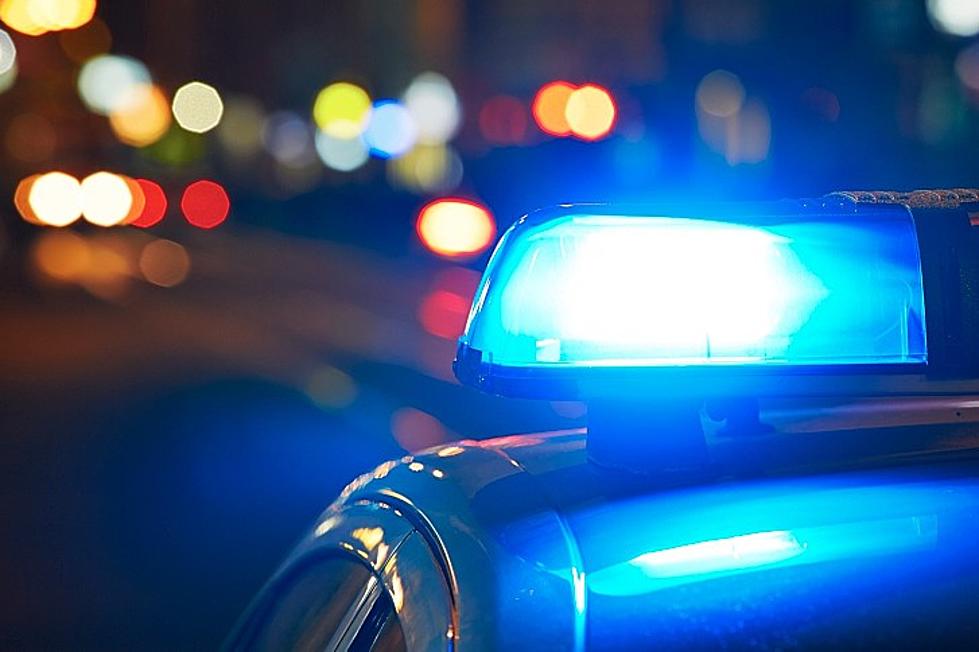
Governor rips removal of Cuba from U.S. terrorism watch list
Today's removal of Cuba from the U.S. terrorism watch list draws quick and pointed reaction from Governor Chris Christie - who questions the move for a nation harboring a convict who killed a New Jersey state trooper.
Joanne Chesimard, now known as Assata Shakur, fled to the island nation after her 1979 escape from prison, where she was serving a life term for the murder of Trooper Werner Foerster in 1973.
The onetime Black Liberation Army member was convicted in 1977. One companion died in the shootout and another remains imprisoned. The FBI maintains a $1 million reward for her capture.
Secretary of State John Kerry signed the revision 45 days after the Obama administration informed Congress of its intentions in April.
A statement from the State Department said, in part, "While the United States has significant concerns and disagreements with a wide range of Cuba's policies and actions, these fall outside the criteria relevant to the rescission of a state sponsor of terrorism designation."
The Governor differed in a statement released soon afterward.
"The United States should not be taking Cuba off the terrorist watchlist while we are still in the midst of negotiating details to restore full diplomatic relations. The condition for which Cuba is able to join the rest of the civilized world must rest on the country's commitment to hand over every terrorist currently being harbored, starting with Joanne Chesimard who executed New Jersey State Trooper Werner Foerster and escaped custody."
"While President Obama gave away normalization months ago, we must force formal requests for extradition of wanted criminals and human rights demands each step of the way before additional diplomatic rights are granted. President Obama's failure to require justice in giving away the terrorist sponsorship designation is an unacceptable offense to the family of the fallen New Jersey State Trooper and every other wanted criminal that still lives freely in Cuba today."
Officials of both countries are trying to restore full diplomatic relations, including opening embassies in Washington and Havana, and returning ambassadors to each capital for the first time since 1961.
Cuban officials have not acceded to an American demand for unfettered interaction between diplomats and dissidents, and unrestricted travel throughout the island nation. Revocation of a U.S.-imposed trade embargo would require an act of Congress. Other points of contention include the American military prison at Guantanamo Bay and Cuba's record on democracy.
The Associated Press contributed to this article.
More From 92.7 WOBM









